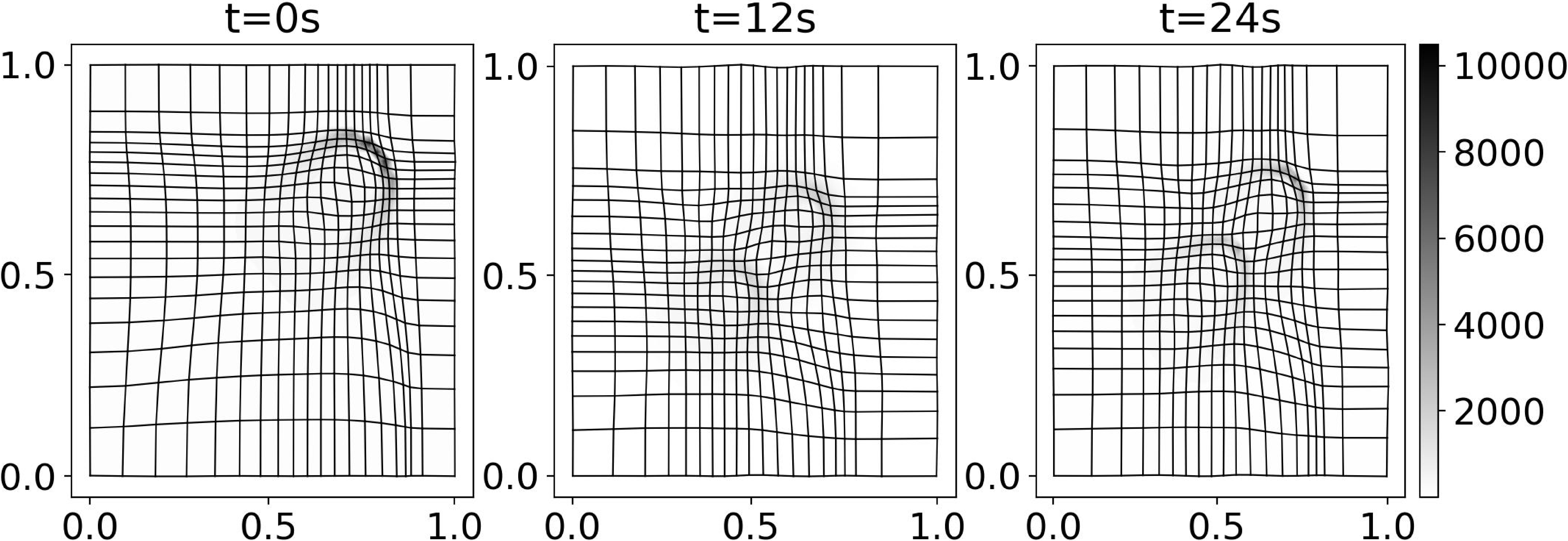Uncertainty Quantification for Forward and Inverse Problems of PDEs via Latent Global Evolution
Deep learning-based surrogate models have demonstrated remarkable advantages over classical solvers in terms of speed, often achieving speedups of 10 to 1000 times over traditional partial differential equation (PDE) solvers. However, a significant challenge hindering their widespread adoption in both scientific and industrial domains is the lack of understanding about their prediction uncertainties, particularly in scenarios that involve critical decision making. To address this limitation, we propose a method that integrates efficient and precise uncertainty quantification into a deep learning-based surrogate model. Our method, termed Latent Evolution of PDEs with Uncertainty Quantification (LE-PDE-UQ), endows deep learning-based surrogate models with robust and efficient uncertainty quantification capabilities for both forward and inverse problems. LE-PDE-UQ leverages latent vectors within a latent space to evolve both the system's state and its corresponding uncertainty estimation. The latent vectors are decoded to provide predictions for the system's state as well as estimates of its uncertainty. In extensive experiments, we demonstrate the accurate uncertainty quantification performance of our approach, surpassing that of strong baselines including deep ensembles, Bayesian neural network layers, and dropout. Our method excels at propagating uncertainty over extended auto-regressive rollouts, making it suitable for scenarios involving long-term predictions. Our code is available at: https://github.com/AI4Science-WestlakeU/le-pde-uq.
PDF Abstract

